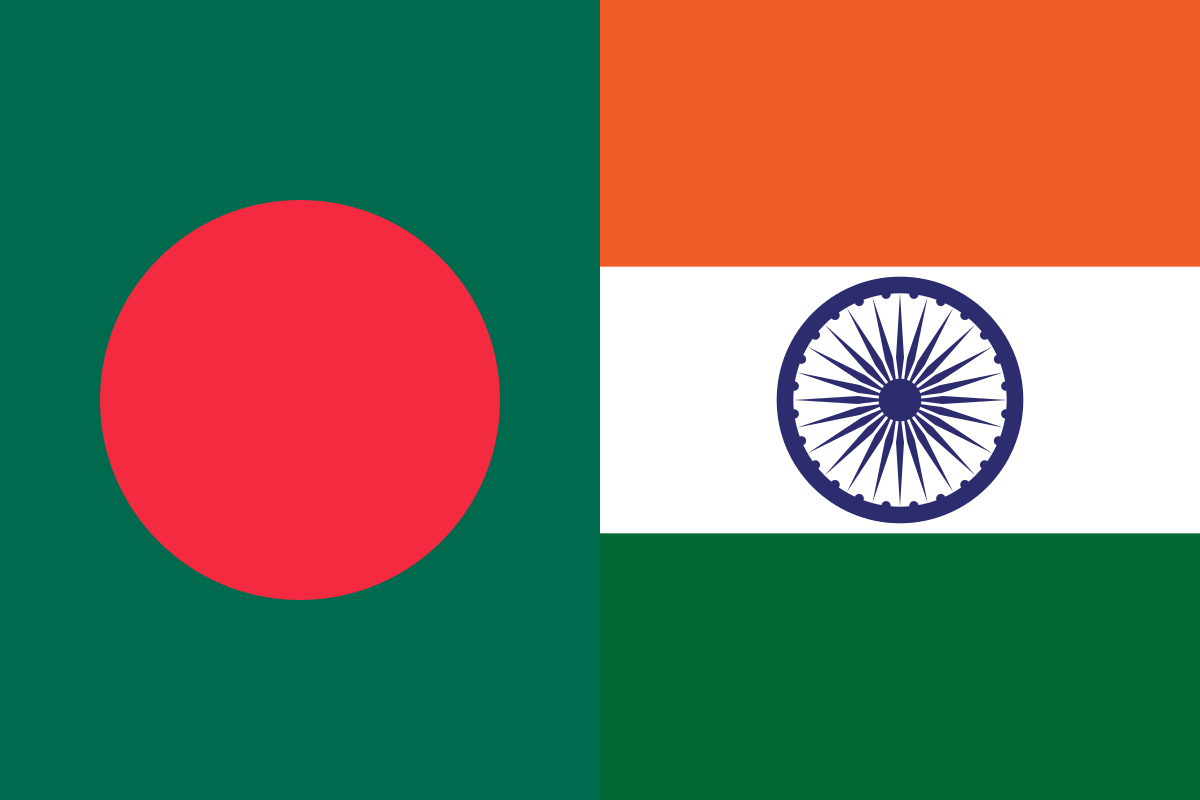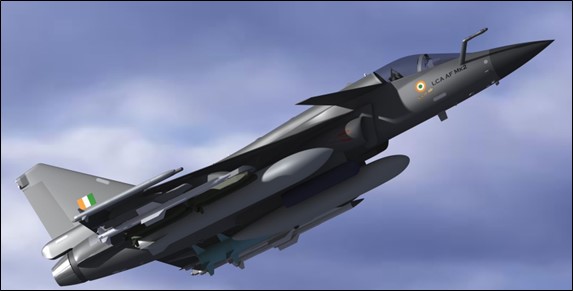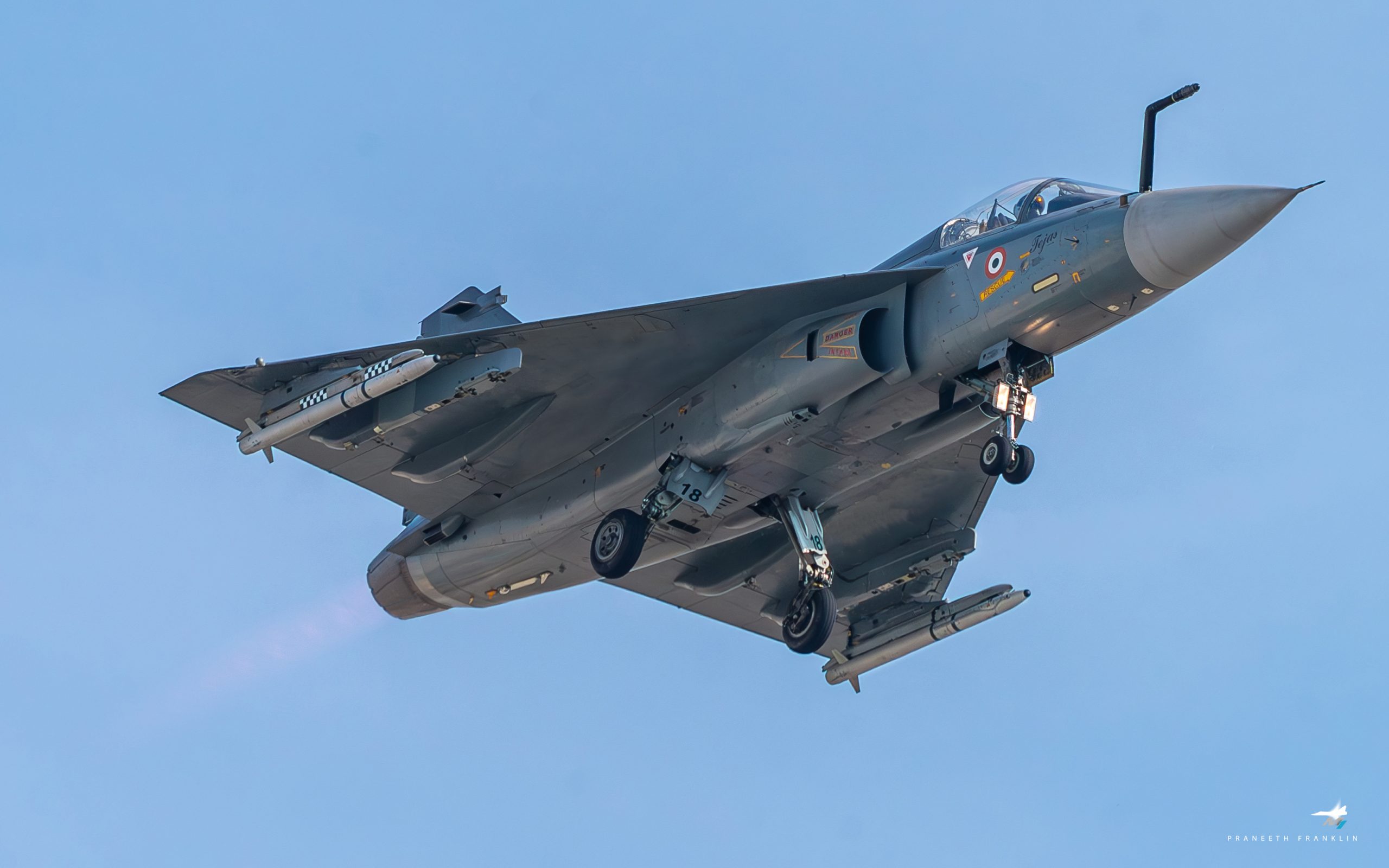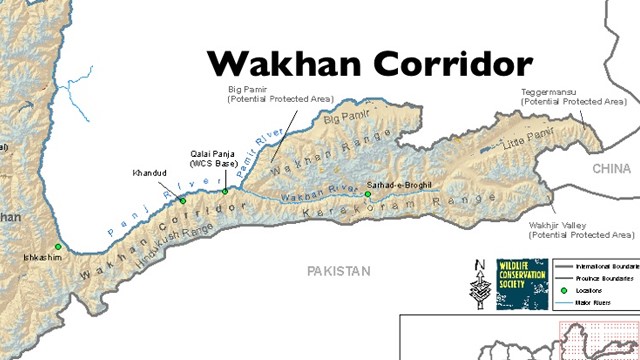
BANGLADESH: DEVIL & THE DEEP SEA OPTIONS FOR INDIA
 Thu, 08 Aug 2024
| Reading Time: 5 minutes
Thu, 08 Aug 2024
| Reading Time: 5 minutes

A perfectly stable government, only recently elected, with a history of 15 years of continuous rule, suddenly comes apart and its leader, the Prime Minister of the country has to virtually abdicate on the advice of her security staff and depart ignominiously in 45 minutes, is a scenario made for political fairy tales. Yet, it’s happened, right there on our eastern flank in the populous nation of Bangladesh, a nation India helped to come to its feet. With its founding leadership and its political legacy India has had a special relationship. However, with the prevailing chaos in Bangladesh, a mobocracy of sorts having taken over the streets, it is uncertain how long before any semblance of stability and normalcy will return. Till it does, it is good to get an overview of what really happened, and why?
‘Coup d’etats’ have taken place in many countries in our neighbourhood. So why is there so much concern for the ouster of Sheikh Hasina, the former PM of Bangladesh?
The Indo-Bangladesh relationship is something special, or at least we in India think it is because of the legacy of the Indo Pak War of 1971 which resulted in the creation of the new nation. The post foundation relationship has had its ups and downs with different leaders in the hot seat in Dhaka and continuing attempts by inimical foreign powers to influence the leadership and cultivate an anti-India sentiment in that country . With Sheikh Hasina and the Bangabandhu connection going back to 1971, it’s been a 15 year continuity of goodwill between India and Bangladesh. Many vexing issues such as those related to the border have been resolved and Bangladesh has witnessed an economic boom of sorts. India’s security concerns about the North East have been largely respected by the Sheikh Hasina Government. Hence the concern in India because Sheikh Hasina’s overthrow has been sudden, violent and turbulent. We really do not know who is and who will be in charge hereafter. Worst of all is the possibility of the snowballing attempts to vilify India because Sheikh Hasina was always labelled an Indian choice.
Sheikh Hasina won four elections on the trot and one before that, all by a popular verdict. Then what were the compulsions of her virtual abdication and flight from Dhaka to India?
The fact is that Sheikh Hasina was not very democratic in her approach to ruling Bangladesh. That is because of her inbuilt fears, having experienced her father and most of the remaining family being gunned down in an Army coup d’etat in Aug 1975. Thus she brooked very little opposition to her rule and imposed bans on the barest suspicion. Four elections held in 2008, 2014, 2018 and 2024 were without a participative system where many of her candidates simply romped home because there was no opposition and the polls were allegedly rigged. India did subtly advise her to introduce more participative leadership especially in view of the grassroots being radicalized and an active opposition building up. Intelligence on this seems to have been elusive and probably the concerned agencies did not provide her enough information on the rapidly building groundswell. It’s the Jamaat e Islami (JeI) whose penetration into different domains has created an anti Hasina stance and thus anti India too.
How is Bangladesh strategically important for India?
India accords great significance to its ‘Neighbourhood First’ policy. Bangladesh with a 4000 kilometres Indo-Bangladesh border, and Bangladesh’s uncertain polity always carries potential of a threat to India. Go Back to the year 1971 when pro Pakistan elements fought the nationalists under Sheikh Mujib. Our own North East remains connected only by a sliver of Indian territory – the Siliguri Corridor which is again a source of threat. After 53 years Bangladesh still has a pro Pakistani Jamaat working against Indian interests. Plus there is ISI presence in plenty and China is always looking for options to destabilize our North East. The Eastern flank of India is a vulnerable Achilles Heel. The stability of North East India, the security of strategic lines of communication to the Line of Actual Control, and the demographic threats that exist due to the large minority Hindu population largely are all connected with the state of India’s relations with the extant Bangladesh government.
How should public order be restored? What is the best option for establishing a functional government in Bangladesh?
Bangladesh knows best what the best way is to govern itself. No doubt it will adopt that but interim arrangements must aim to restore stability immediately. There are too many subtle and inimical stakeholders in the fray to impose their influence. There appears a wave of sentiment against India. Much of it has existed right from 1971 among the super nationalist variety of those that dislike the Indian presence. This segment must not grow stronger because it can be hugely detrimental to the Indo-Bangladesh relationship. The Army is the preponderant force and cannot abdicate its responsibility. It is professional and prides itself in that. It must maintain its reputation and be the nation’s saviour under the circumstances. The possibility exists of the Army being divided on political lines too with an anti-India element within it. There is an Armed Forces veterans’ group which is considered right thinking and influential too. They can proffer good advice. But we cannot have the Army standing by while the Parliament, the cradle of democracy that the people want so much, is ransacked by lumpen elements.
Much is being spoken about the role played by Pakistan and China in instigating the current situation in Bangladesh. There is even talk of a threat from Islamic radicals? What are the kinds of threats which are envisaged?
It appears that the conspiracies to overthrow Sheikh Hasina have been hatched for a long time. Why she got little wind of these is perhaps because the powerful intelligence organisations stopped supporting her. In 2015 when the ISIS (Daesh) was attempting to join hands with the Jamaat to create unrest in Dhaka and other urban centres the intelligence organizations played a crucial role in stalling the march of Political Islam to a position of strength. The Army establishment itself probably felt the ground slipping under her feet and diluted support rather than fully supporting her. Sheikh Hasina has been targeting the Islamists for long and she has been on their radar for long too. If Islamist influence increases be sure Pakistani (ISI) presence will proliferate all along the Indo-Bangladesh border. A plan could be afoot to go after the Hindu minority. That will lead to a mass exodus of refugees, much like 1971.
What should India do under these circumstances? Should it entertain the presence of Sheikh Hasina and grant her political asylum for life?
This has humanitarian, sentimental and realpolitik related considerations to look at. This decision will influence the course of future relations with Bangladesh. The Awami League of Bangabandu has been decimated but in such a progression of events none can certify that the Awami League cannot return, perhaps stronger. India must not act in a hurry. Sheikh Hasina has been a loyal friend. She should stay in India as long as she is comfortable and it does not adversely affect Indo-Bangladesh relations. In fact, her presence could lead to demands to extradite her. However, it’s also a question of India’s humanitarian reputation.











POST COMMENTS (0)